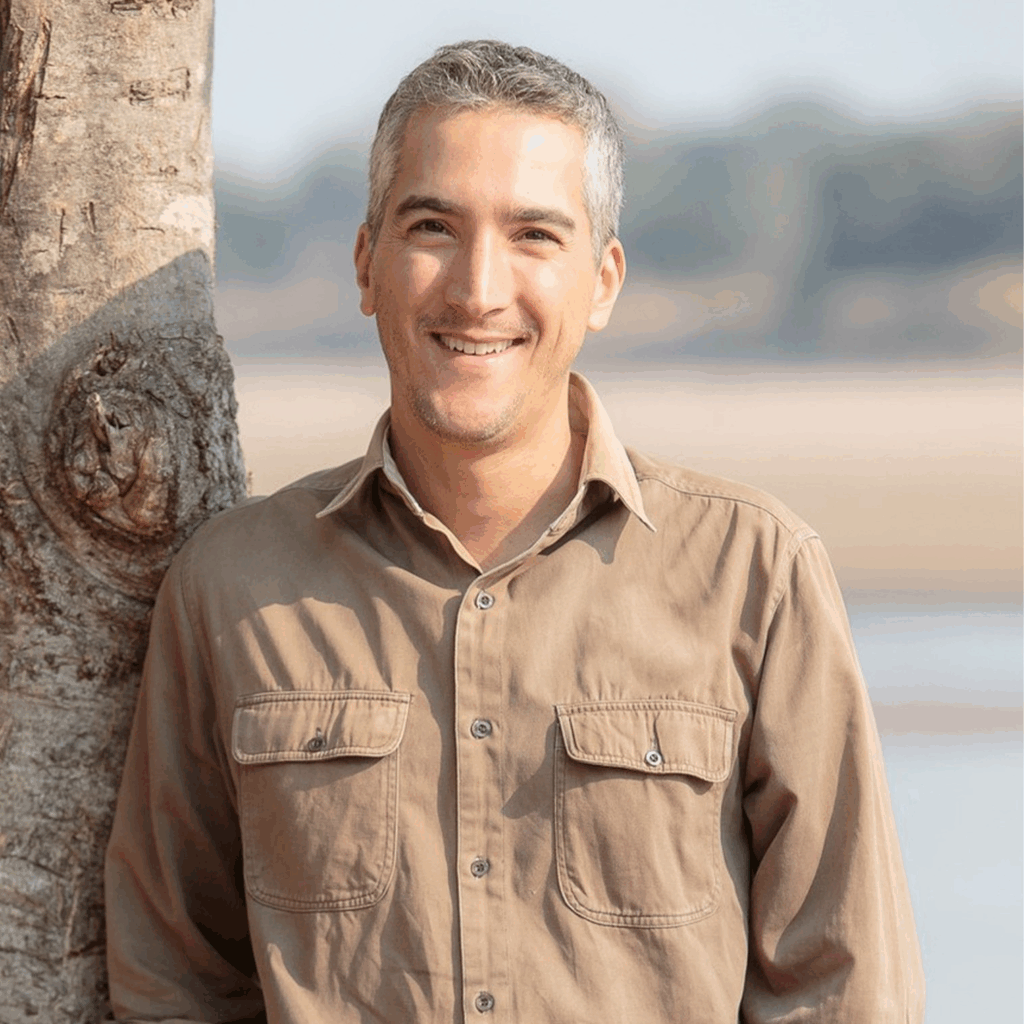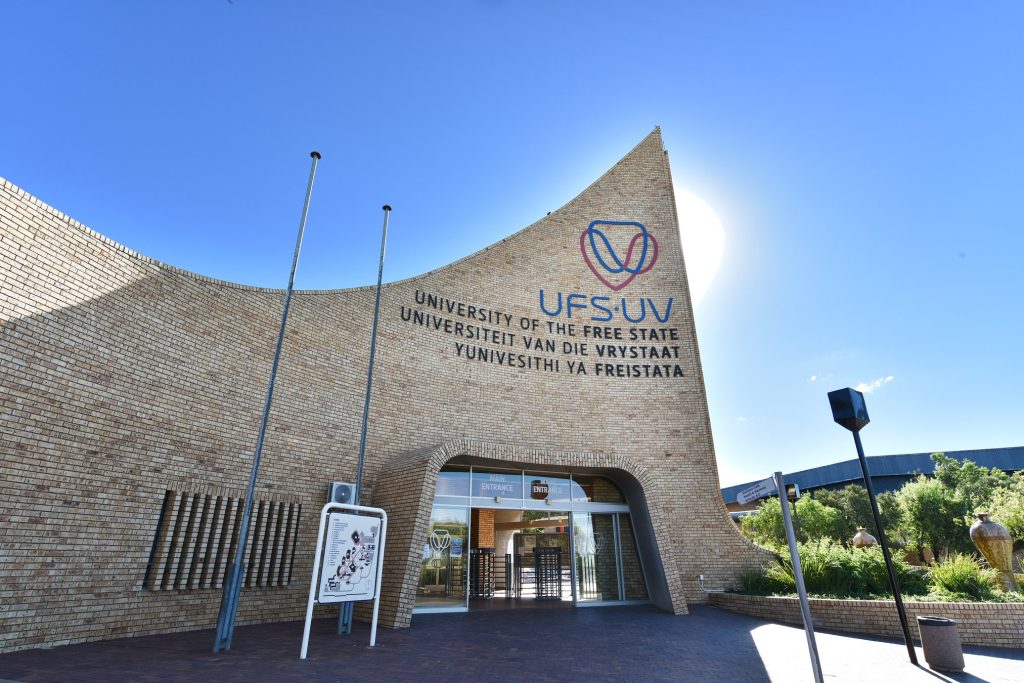Collaboration aims to build more reliable and affordable models for soil carbon MRV in rangelands.
Partnership to combine UFS field research with Sayari Earth’s digital monitoring platform.
Goal is to position South Africa’s grasslands as a global leader in climate-smart land management.
The University of Free State (UFS) has signed a Memorandum of Understanding with Sayari Earth to advance soil carbon measurement, reporting, and verification (MRV) in South Africa’s rangelands. The initiative tackles one of the biggest challenges in the global carbon market: the lack of robust, cost-effective, and region-specific data models.
Soils store more than 2,500 gigatons of carbon—over three times the amount currently in the atmosphere. In South Africa, grasslands and rangelands cover more than 65% of agricultural land and can store up to 150 tons of carbon per hectare. Yet this potential is hindered by sampling costs of $3–$10 per hectare and error margins as high as 40% in under-studied regions such as sub-Saharan Africa.
The partnership will integrate UFS’s on-the-ground sampling and carbon flux research with Sayari Earth’s digital observation monitoring platform and remote sensing datasets. Together, they will develop robust models tailored to South Africa’s ecosystems, expand post-doctoral research, and provide hands-on training for emerging researchers.
RELATED ARTICLE: Sayari Earth, Stellenbosch University Partner to Advance Biochar for Climate and Biodiversity Gains
Professor Linus Franke, Research Chair in Climate Change Impacts and Mitigation in Agriculture at UFS, emphasized the importance of this collaboration: “Soil carbon plays a critical role in soil functioning and rangeland productivity, as well as in climate change mitigation. New tools to assess carbon dynamics are opening exciting new avenues for research. By collaborating with partners such as Sayari Earth we can leverage our research efforts and maintain close links with the sector, ensuring our research is relevant to industry and society.”

Dr. Hassan Sachedina, CEO of Sayari Earth, added: “It is critical that Sayari Earth partners with world class universities to advance soil carbon science and innovation, and to reduce barriers to climate markets for communities and landowners. We are grateful for this partnership with UFS.”

The ultimate aim is to create a stronger evidence base for soil carbon sequestration in South Africa, positioning the country’s rangelands as a global hub for climate-smart land management and carbon removal solutions.
Follow ESG News on LinkedIn

